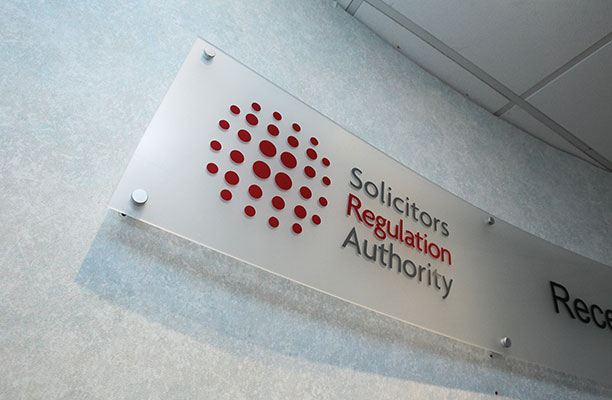Forget the casual observer, even some keen observers are bemused by the current passion for reforming legal education displayed by the Solicitors Regulation Authority (SRA) with plans to tear up the framework for legal training.
The gist of the proposals is to create a central, two-stage assessment regime to become a solicitor built around the so-called super-exam, which will in theory end the need for the legal practice course or training contract, where candidates would demonstrate their skills after two years of relevant work experience.
Bear in mind that our fearless regulator is aiming to achieve this sweeping overhaul – dubbed the solicitors qualifying examination – in a startlingly tight timeframe (by 2020) in the face of substantial scepticism from universities, vocational providers and the larger law firms that do much of the training of solicitors in England and Wales.
Bear in mind that lawyer educational standards are generally regarded as good and having improved in recent years, in large part because of greater engagement and demands from commercial law firms.
And bear in mind this process is addressing once more the tension between the high aspirations of law as a learned intellectual calling and the conflicting requirements of working lawyers that were being kicked around all of 50 years ago when Mr Justice Ormrod was appointed to examine the state of legal education.
The legal education framework is complex and involves a wide range of often clashing interests, so unsurprisingly attempts to reform it often get mired in missed deadlines and dissent, as happened with the Legal Education and Training Review, the last root and branch review that was kicked off six years ago.
There are several arguments in favour of the shake-up, the first being to support flexible routes to qualification and thereby boost social mobility. A second argument is the related one of driving down the costs of vocational training and addressing persistent gripes about profiteering law schools.
But with the social mobility point, there are huge reasons for the scepticism that fiddling with the training regime can engineer an improvement. Britain’s ingrained toleration of poor education for much of the population has a huge impact on the supply side of the equation. In a high-status career requiring a large foundation of formalised education, countering such a dynamic is a huge challenge.
Even if the profession chose to take up that challenge – and, to be blunt, credible evidence that it cares about social mobility is hard to find – you would have better odds of success via a co-ordinated push to encourage law firms to consider a wider pool of candidates, since they are the institutions handing out the actual jobs.
Indeed, the irony pointed out by many is that it is easy to imagine the SRA’s reforms entrenching a two-tier system in which weaker candidates take these new routes, with little chance of a career. Meanwhile, the candidates who would not struggle getting a training contract now will continue much as before.
Driving down costs at least looks achievable, though the possibility of forcing out weaker vocational providers could increase the market domination that caused much of the unease in recent years.
And how do you get around the fundamental problem that the profession wants higher standards than the SRA is looking to ensure? The only obvious goal that wins much support is to usher in more centralised standards, but that could have been achieved by working with the grain of the current system rather than chopping down the tree.
With a scary amount of detail unclear, the only substantive spin you can put on the package is that New Law entrants may be able to effectively deploy the new regime for their different models. And raising hopes of aspiring solicitors that cannot be fulfilled is not a laudable aim.
The bottom line is that the SRA has set itself against the profession to shake up a highly complex system rather than attempt a more targeted, pragmatic intervention when it is far from apparent that it has the chops for the job. You certainly don’t have to reach too far to find Brexit parallels. Not only is the law of unintended consequences looming ominously, but the agency’s credibility will suffer a body blow if this goes awry.
alex.novarese@legalease.co.uk
For more on the super-exam see: ‘A bit like Brexit’: SRA super-exam draws strong reaction but is it knee-jerk resistance to change?













